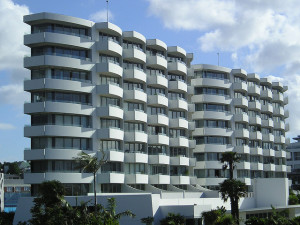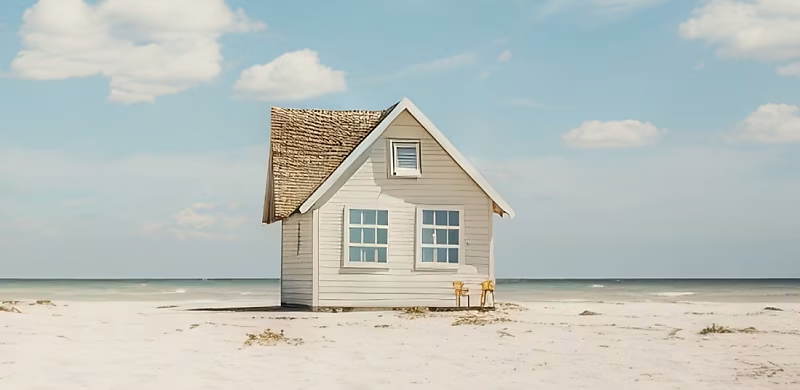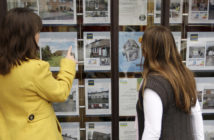Auckland’s new apartment market is booming, with a record number of apartments due to be completed over the next two years
The latest biannual Colliers International Auckland Residential Development Report has found the highest number of apartment completions in more than a decade is expected this year.
Some 2770 apartments are due to be completed in Auckland in 2017 – the greatest number since the 2005 peak, when 3600 apartments were finished.
Even more apartments are due to be finished next year, with a record-breaking 3840 apartments due to be completed in 2018.
Colliers International Research and Consulting National Director Alan McMahon says the peak comes despite constraints on the sector including increasing building costs and a tight labour market.
“There’s no doubt it’s a challenging time for residential development, but it’s pleasing to see the sector is delivering results,” he says.
“A total of 31 apartment buildings have been completed in Auckland since the start of 2016, and another 68 are under construction.
“Confidence within the sector also remains high, with 53 new apartment complexes currently in the marketing or design stage.”
McMahon says the biggest headaches for developers are project costs and the construction industry’s capacity.
“The supply and demand imbalance may have worked in developers’ favour by boosting sales prices at a time of high demand, but now a shortage of high rise construction industry capacity is working against them.
“Building prices are up and projects are being pushed out in duration. There’s talk of easing those pressures with pre-fabrication and the large-scale use of imported skills, but so far no significant improvement is evident.”
McMahon says one solution could come from the banks, an unlikely source, whose tightening of credit to the property sector will lead to fewer projects going ahead.
“That could partially ease the escalation of construction costs, but the reduction in new apartment numbers will do nothing to address the residential supply and demand imbalance.”
The Colliers International report found suburban apartment developments are becoming much more common, with 48 new suburban developments likely to be developed in 2017-2020, compared with 32 in the CBD and 41 in the city fringe.
Asking prices for new developments are also continuing to rise. The average asking price for one bedroom apartments in CBD developments is $676,100, the equivalent of $11,837 per square metre, including decks and balconies.
Asking prices for apartments are lower in the city fringe and suburban areas, while terraced and detached houses are typically less expensive than apartments. In the larger developments, the range is $5727 to $9293/sq m.
McMahon says asking prices will continue to increase, but not all developments will succeed.
“Buyers are becoming more discerning. They recognise quality and won’t pay the asking price unless they perceive it is good value,” he says.
“Tightened bank financing to developers, and constrained construction industry capacity, are combining to reduce future supply, which at a time of high demand will tend to push prices up.”
Colliers International expects house price inflation to continue trending back down towards the long-term average of around 7 per cent a year in Auckland.
McMahon says new dwellings of all types will continue to achieve a price premium above existing, or second-hand, property.



